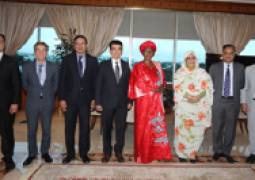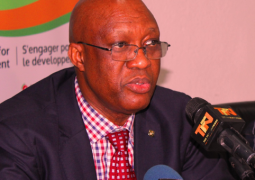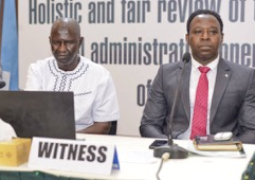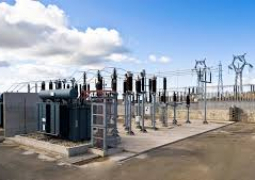As he always does, Yankuba was at the high court in Banjul on Monday to cover the ongoing trial of the former senior officials of the National Intelligence Agency, now renamed State Intelligence Service. They are currently detained at Mile 2 central prison.
After the end of the proceedings and on the request of the remand prisoners themselves, the court reporter took pictures of the former NIA officials as they were leaving the courtroom. Just after the first shot, a prison warden by the name Kadiri Jobarteh rushed to him, demanding that the reporter gives him his phone to search and delete the photo that he took.
“I refused his order and other prison wardens joined him trying to force me to surrender my phone to them. I held on firm to my phone,” Yankuba said. If not for the intervention of other people, Yankuba’s phone or hand would have been broken.
GPU President Sheriff Bojang Jr said this form of harassment and intimidation of journalists in the professional execution of their work is a classical violation of press freedom.
“There is no law or regulation in The Gambia that deters media professionals from taking pictures of detainees who are not minors after a court proceeding, especially outside of the courtroom,” he said. “Therefore, it was uncalled for, for the prison wardens to harass the reporter for just doing his work.”
Admittedly, the GPU and all journalists are mindful of the administrative regulation of the judiciary that no recording or photograph should be taken inside the courtroom while a court process is ongoing.
In the case of Yankuba, not only had the proceeding ended, it was also outside the court room.
Meanwhile, the matter has been reported to the authorities of Gambia Prison Services who apologised for the incident and promised to take “necessary measures to reprimand the officers involved” and to also “ensure that this kind of incidence are avoided between prison wardens and journalists.”





